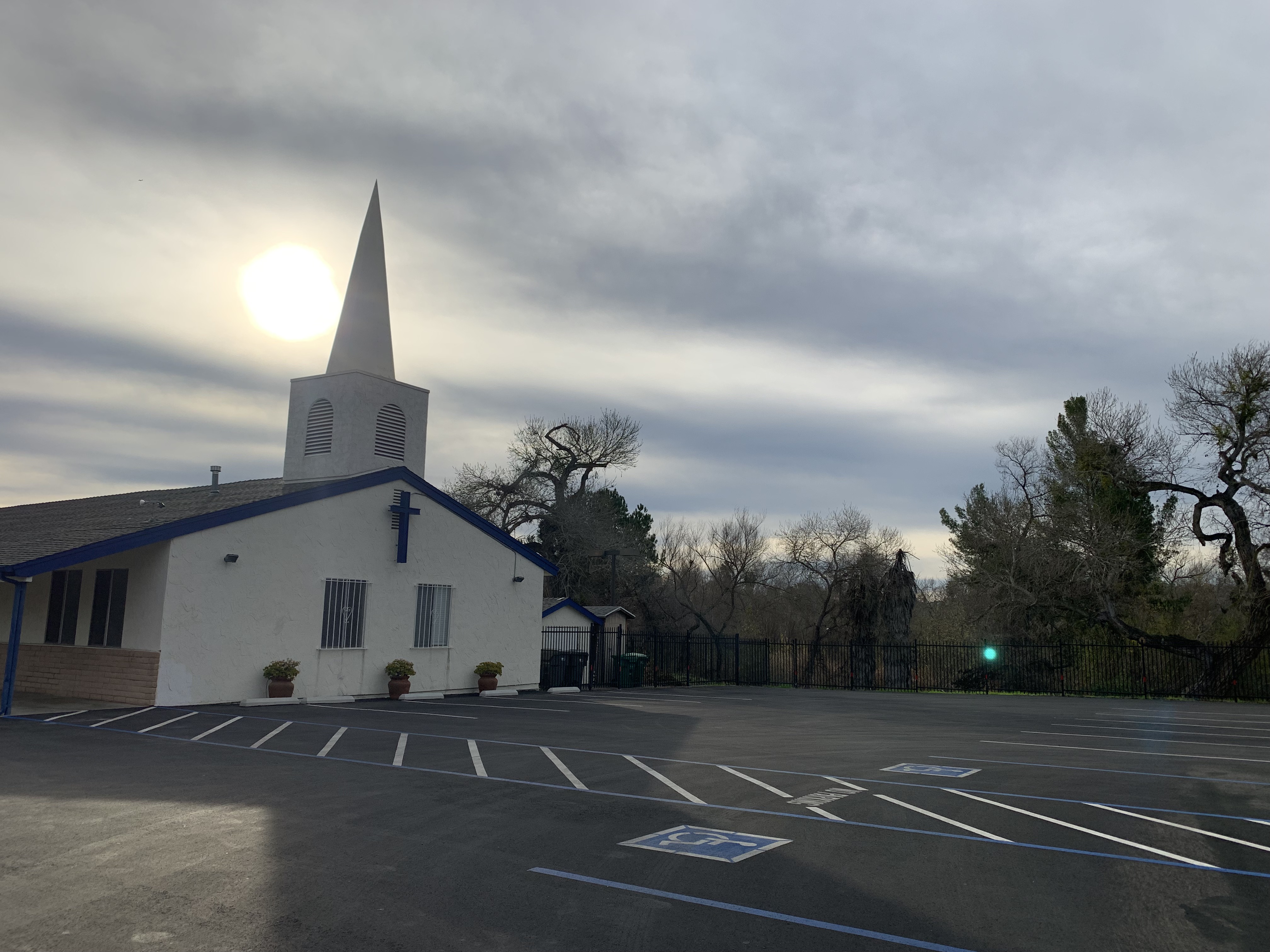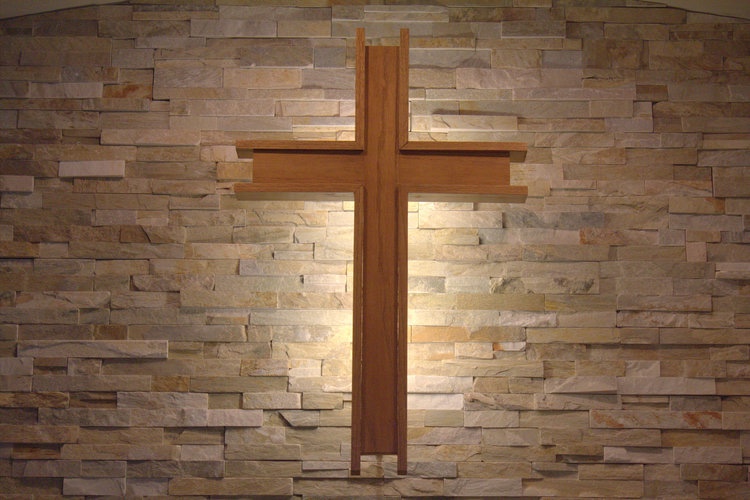Elders
Biblical Eldership
Carlton Oaks Baptist Church
Biblical Definition of an Elder
Biblically, an elder is one of a plurality of qualified men who collectively shepherd and oversee a local body of believers. The term “elder” is used nearly twenty times in Acts and the epistles to describe this unique group of leaders responsible for overseeing God’s people.
The Office of Elder
The New Testament makes it clear that the terms “elder” (presbuteros), “overseer” (episkopos), and “pastor” (poimēn) all refer to the same office. These titles are not for different roles, but rather different ways of identifying the same group of leaders. The qualifications for an overseer in 1 Timothy 3:1-7 and those for an elder in Titus 1:6-9 are nearly identical, with Paul using both terms interchangeably in Titus 1. In Acts 20, Paul calls the elders (presbuteros) of the church in Ephesus to himself, instructing them to “be on guard for yourselves and for all the flock, among which the Holy Spirit has made you overseers [episkopos], to shepherd [poimaino] the church of God” (Acts 20:28). Similarly, 1 Peter 5:1-2 ties these terms together, urging elders to shepherd the flock and exercise oversight. These different terms highlight various aspects of ministry, rather than separate offices or levels of authority.
The Plurality of Elders
The consistent New Testament pattern is that each local church is led by a plurality of elders. This is the only model of church leadership presented in Scripture, where no local assembly is ever described as being ruled by majority opinion or a single pastor.
For example, Paul instructed Titus to "appoint elders in every city" (Titus 1:5), and James advised his readers to "call for the elders of the church" to pray for the sick (James 5:14). When Paul and Barnabas established churches, they "appointed elders for them in every church" (Acts 14:23). Other passages, such as 1 Timothy 5:17 and Acts 20:17, further emphasize the presence of elders in various churches, always in the plural.
In each instance where "elder" (presbuteros) is used in the New Testament, it is in the plural form, except in the cases where the Apostle John and Peter refer to themselves individually. Even where the word presbuteros is not explicitly used, the concept of plural leadership is implied, such as in Philippians 1:1, where Paul addresses the "overseers and deacons" of the church in Philippi.
Benefits of Plurality
A leadership structure composed of multiple godly men provides the benefit of collective wisdom and counsel, helping to prevent decisions from being self-willed or self-serving. Proverbs 11:14 emphasizes the importance of many counselors. In cases of disagreement, elders should study, pray, and seek God's will together until they reach a consensus, fostering unity and harmony within the church.
The Qualifications of Elders
The spiritual health of a church is directly linked to the quality of its leadership, which is why Scripture outlines specific qualifications for elders in 1 Timothy 3:2-7 and Titus 1:6-8. An elder must be above reproach, the husband of one wife, temperate, prudent, respectable, hospitable, able to teach, not addicted to wine, not pugnacious, gentle, uncontentious, free from the love of money, a good household manager, and one who has a good reputation outside the church. He must also be self-controlled, sensible, and capable of exhorting in sound doctrine while refuting those who contradict it.
The overarching requirement is that an elder must be "above reproach"—a man whose life is characterized by a sustained reputation for blamelessness. This applies to his marital, social, business, and spiritual life, making him a model of godliness for the congregation to follow (Philippians 3:17).
The office of elder is also limited to men. First Timothy 2:11-12 states, "Let a woman quietly receive instruction with entire submissiveness. But I do not allow a woman to teach or exercise authority over a man, but to remain quiet." In the church, women are to be under the authority of the elders and are excluded from teaching or holding authority over men.
The Functions of Elders
As the apostolic era ended, the office of elder emerged as the highest level of local church leadership, carrying significant responsibility. Elders are tasked with managing and caring for the church (1 Timothy 3:5). Their duties include determining church policy (Acts 15:22), overseeing the church (Acts 20:28), ordaining others (1 Timothy 4:14), ruling, teaching, and preaching (1 Timothy 5:17), exhorting and refuting false teaching (Titus 1:9), and setting an example for the flock (1 Peter 5:1-3).
Despite a tendency in modern American evangelicalism to view elder rule with suspicion due to democratic values and congregational church government, Scripture clearly teaches that the biblical model for church leadership is a plurality of God-ordained elders. Only by adhering to this pattern can the church maximize its effectiveness and bring glory to God.
Adapted from John MacArthur, The Master’s Plan for the Church (Chicago: Moody Press, 1991).
Return to Carlton Oaks Baptist Church "Elders" ➞



